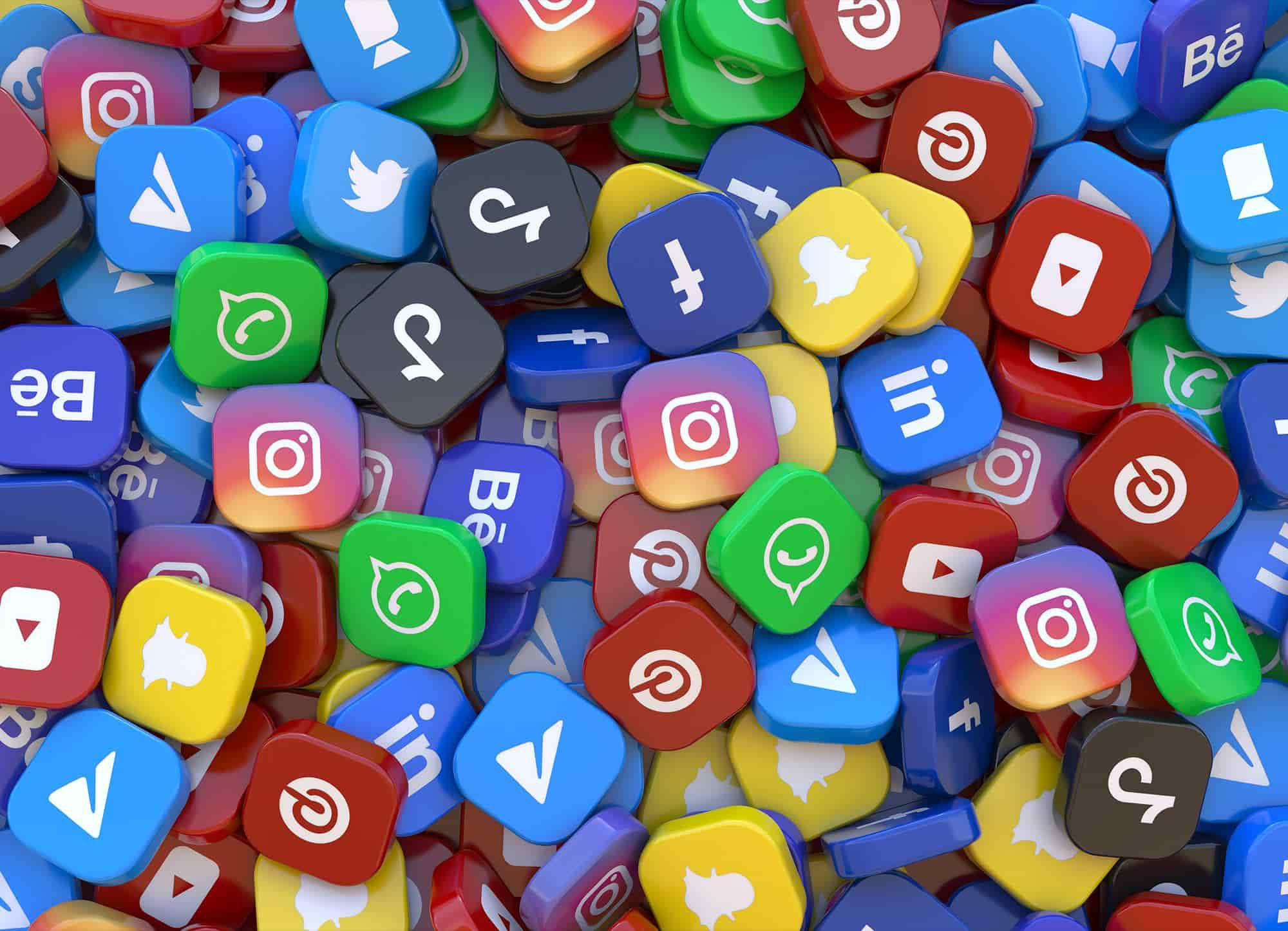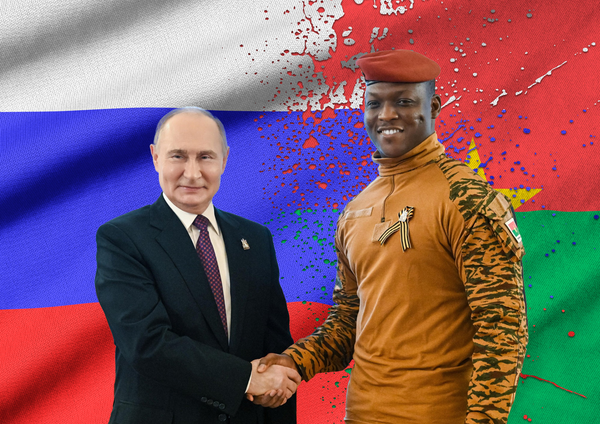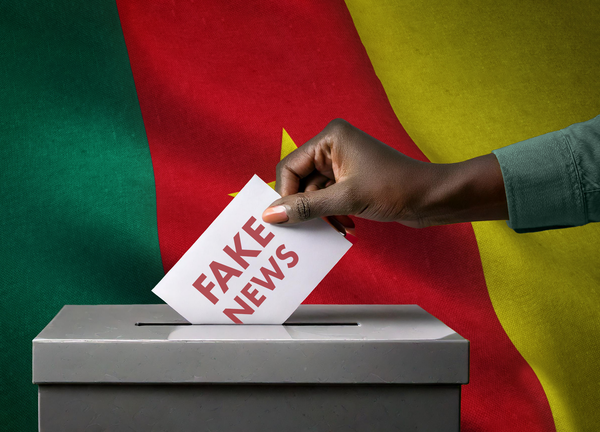Social networks, competition for traditional media?
"With us Facebook is more than a social network, it has become a media because everyone has access," explains Senegalese activists Cheikh Fall, founder of the Pan-African Cyber-Activists. "" AfricTivises.org ".
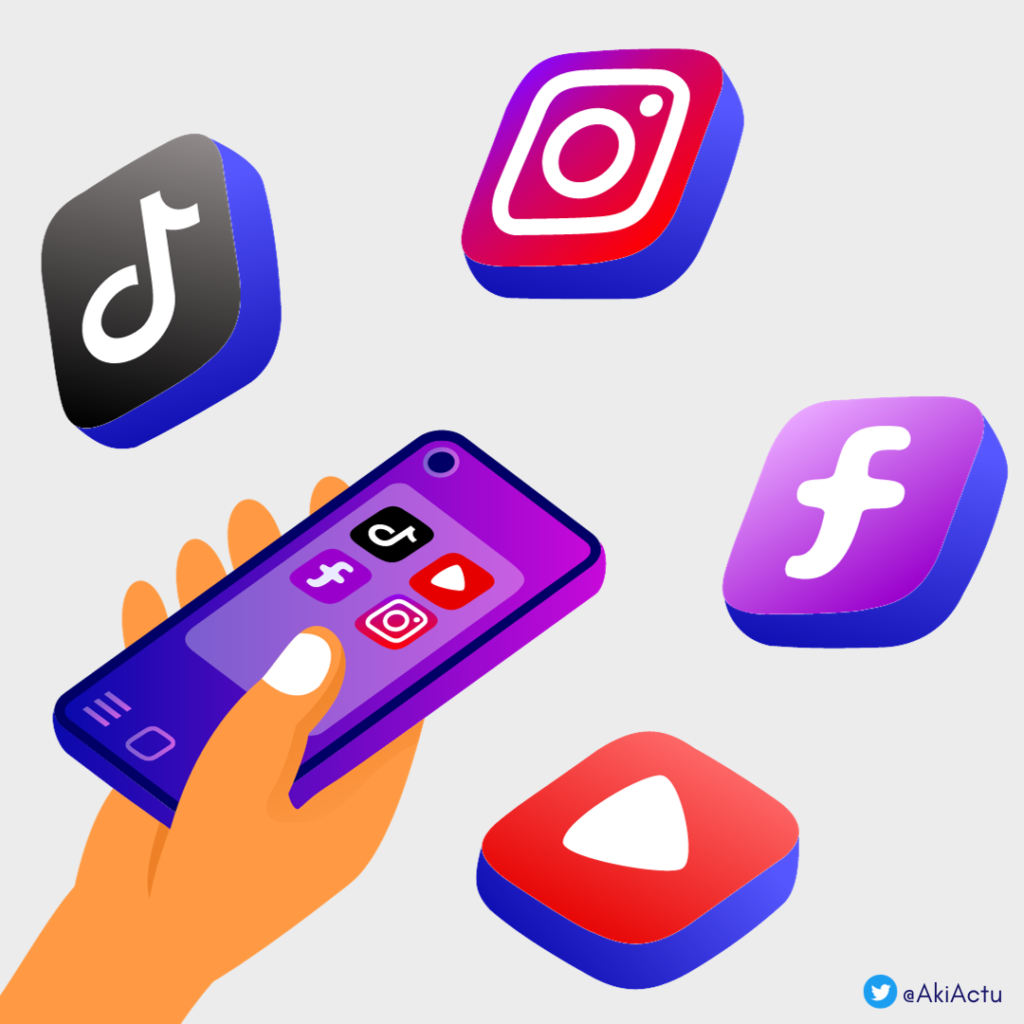
If Facebook is appreciated, it is especially because this platform brings together entertainment and information in the same place. Indeed, by finding the pages of media of information in its news feed, it is easier to follow the news in real time than to seek the news on media sites. Social networks also make it possible to attract new audiences such as young people because the contents are more digestible and above all shorter. Finally, the information is more targeted because according to the pages consulted and loved, the consumption of information becomes more and more individualized and tailor-made. The Internet user can therefore build an à la carte news feed, depending on their interests.

Social networks promote the interaction between Internet users. It is thus possible to comment and see the comments associated with published articles directly. In addition, with the "Sharing" option it is easier to touch another target that may never have gone to the media of information by itself. Indeed, a reader will be more likely to read an article posted by a "friend", the principle of recommendation being of formidable effectiveness in terms of information. As a result, social networks also promotes the visibility of articles and makes it possible to expand audiences. A boon for the traditional media, which see in these new technologies, a great opportunity to extend and better target their readership.
Information in the era of social media, what opportunities?
Last May, Senegalese President Macky Shall depicts social networks such as "societies cancer", the "world plague". A few months ago, the former Burkinabé president Roch Marc Christian Kaboré causes a wave of popular dissatisfaction by wanting to paralyze Facebook via the suspension of mobile connections. Both appreciated and decried, social networks divide ... and often at the political level.
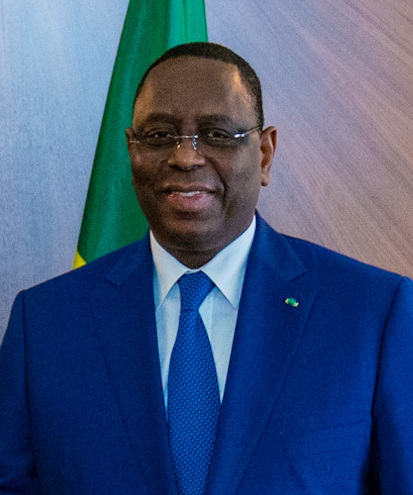
Senegalese president Macky Shall
.jpg)
The former Burkinabé president Roch Marc Christian Kaboré
Social media change our way of consuming information. Indeed, easier to use, rapid and accessible by almost everyone, social networks represent an excellent way to communicate information. They break the monopoly of the information factory formerly held by traditional media. Thanks to platforms like Facebook, everyone can witness an event and share it with the whole world in the following second. Each social media user thus becomes an information producer. This promotes wider access to knowledge and freedom of expression. In summary, the user no longer just consumes information but also contributes to their production and dissemination.
What are the threats?
The use of social networks leads to a reflection on the veracity of information. Indeed, they can contribute to disinformation, maintain confusion around the problem of fake news and make even more difficult to discern the true of the false on the Internet. Everyone and especially the youngest do not have sufficient resources and skills to analyze the reliability of information. Indeed, real controversy comes from the fact that everyone can give their opinion on any question and propagate news before they even affirm or infer. Internet users must therefore redouble vigilance to be armed to detect false information.
Ultimately, social networks revolutionize access to information and transform citizens into real information players. When they use intelligently, they are a great mine of information for Internet users. On the media side, they are a precious relay to more finely affect an audience. Be careful, however, to maintain its level of vigilance high to avoid giving in to the sirens of disinformation.

